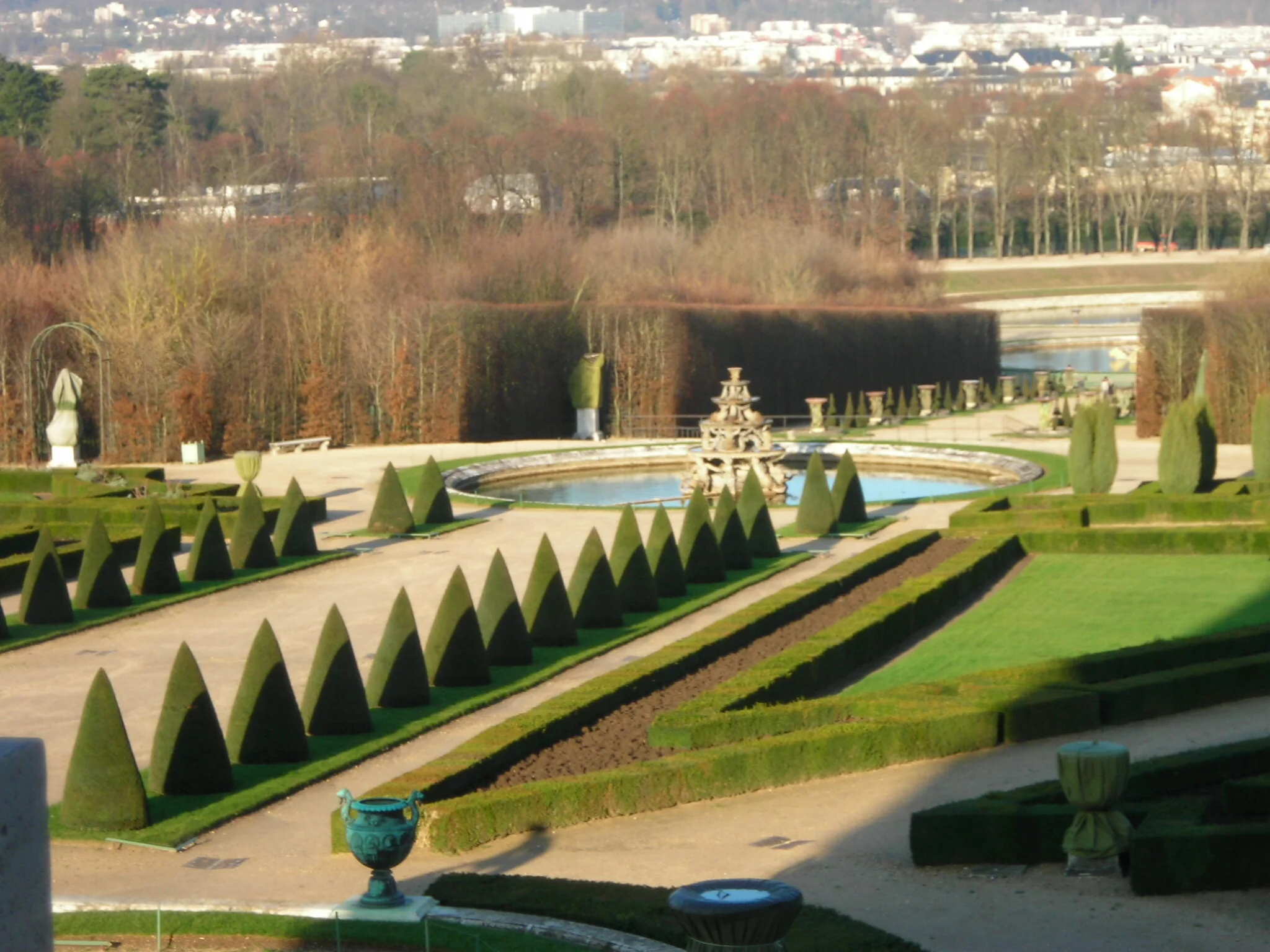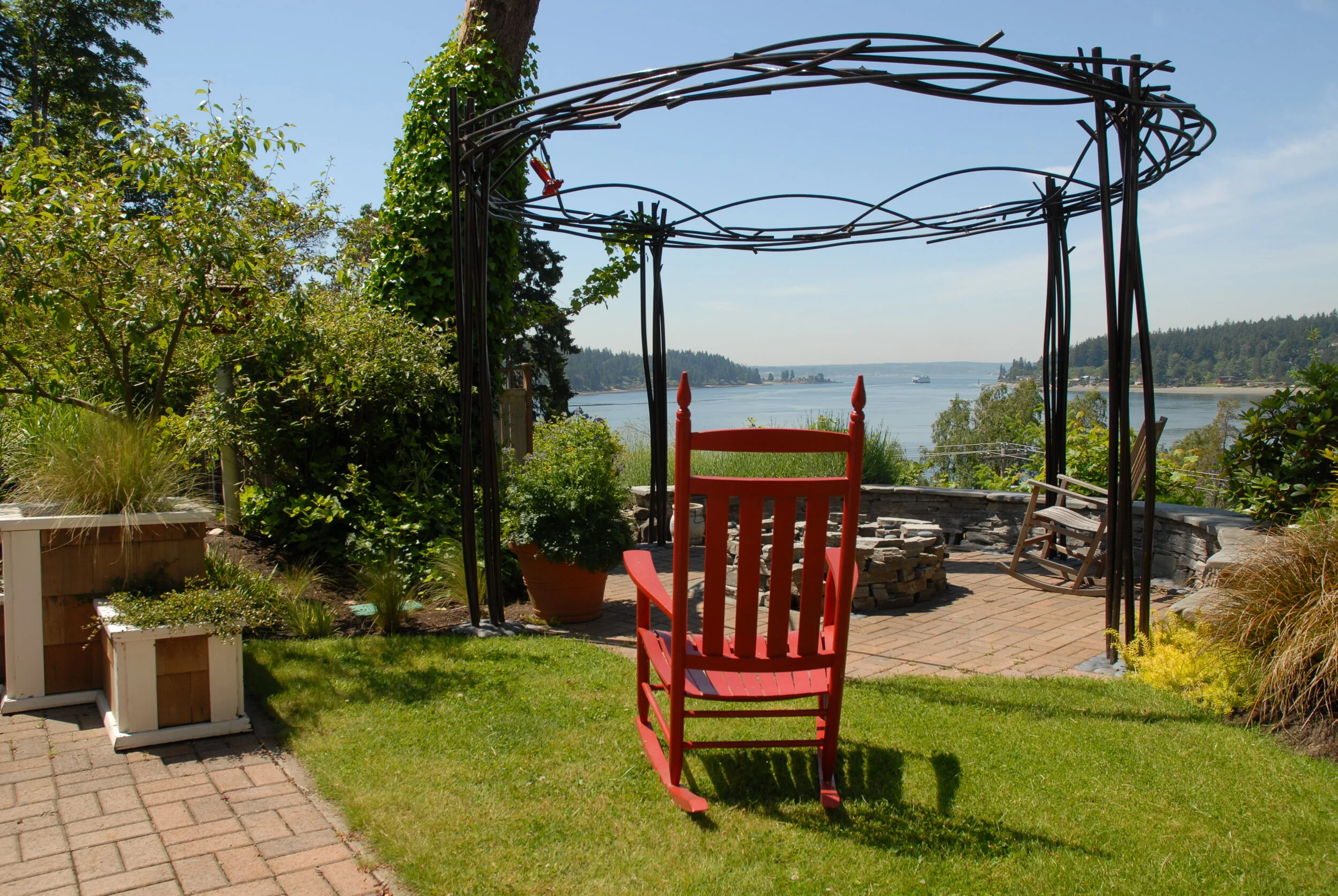What Is A Trustee and What Does A Trustee Do?
The life of a Trustee - according to me:
Me - trustee:
Over time I have held the role of trustee for seven different private trusts. I accepted the responsibilities when they were offered and learned tons from the different experiences. Sooner or later, if a guy grows his land development business, he is going to run into trust investment money. Attorneys can provide the exact legal definition of any given trust, but I am not a lawyer, so I’ll explain trusts and the trustee roles from my personal perspective and experiences.
What is a Trust?
There are multiple definitions of the word trust. The trust I am referring to is a separate legal entity, formed around existing trust laws, where the creator of the trust surrenders qualifying private assets to the trust and then appoints a trustee to manage them. The person that surrenders the assets is called the trustor. The person that accepts the responsibilities is the trustee. The trustor has to have absolute confidence in the trustee, since once the assets are granted to the trust, the trustor is no longer the owner or controller of the assets. The trust owns them legally and from tax perspective, therefore the trustee is the new manager in every way.
Why are trusts created?
There are a multitude of reasons why high net worth and regular people form trusts, to include: estate planning, avoiding federal and/or state death taxes, avoiding probate, succession planning for assets, avoidance of other taxes, and structuring assets for control that survives beyond a given lifetime. Depending on the type of trust and the goals, they might be formed to take immediate effect, or come into place upon death.
What is a trust beneficiary?
That’s the lucky duck (or ducks) that receive the benefits of the trust assets which are provided for them according to the trust directives. In movies we see them negatively referred to as “trust fund babies”, but the ones I have held responsibility for were actually really good. More on that later…
What does a trustee do?
My definition of a trustee is an individual that meticulously follows each and every responsibility outlined in the trust document, always lawfully acting in the best interests of the beneficiaries. Being a trustee is no laughing matter. A trustee is held to some of the highest fiduciary standards under the law and can be held personally liable for improper management. Since trusts can be a bit complicated, involve valuable assets, and are written by lawyers - proper management can take on a whole lot of extra and detailed meaning.
My trustee experience:
Like I said, I have been a designated sole trustee for seven private trusts - a Land Development Trust, a Grantor Retained Annuity Trust, two Generation Skipping Trusts, a Marital Trust created under a will, a California Real Property Trust, and a specialized Irrevocable Trust. The same lawyer drafted all of them and for the first one he gave me a book to read that had a title that was something close to “The Fiduciary Handbook”. I guess it was about 100 pages long and I clearly remember it was written by trust lawyers. I made it through the book, but it was an unpleasant introduction to the role of trustee. That’s because the entire book was about how many different ways honorable trustees could hang themselves out to dry by accident. The broad strokes centered around failure to strictly adhere to the trust directives, one form or another of financial mismanagement, or just plain honest mistakes in execution of any of the responsibilities. My recipe and viewpoint from the start was to know every trust directive, use professional advisement (especially in legal and tax issues), and be fully honest while being a great communicator with the beneficiaries.
The beneficiaries:
Unlike what you see in movies where the trust babies are spoiled brats that are pissed because their Bentley Continental is “2 whole years old” and they needed a new one a year ago, my beneficiaries were real gems. They were a mix of adult children and a surviving spouse of the trustor. Many of the trusts held not only significant cash, but also huge land assets under development by who else? - me. I am especially grateful to the very wealthy trustor because he did not spoil his children when they were little and all of them had regular jobs and lived regular adult lives, standing on their own two feet. I am especially grateful to all of my beneficiaries because they patiently lived through the sluggish quicksand (to them) of getting the land developed to it’s highest and best use. They hardly gave a squeak while they waited for their money. Thanks you guys, I had a lot of sleepless nights getting it done for you, but none of you were why I was eating Cheerios at 2:00 AM for many sleepless nights.
Trust investment money and the land developer:
It probably won’t happen until the land developer establishes a great track record of success and has documentable experience, but once that is the case a developer will probably run into the opportunity to attract trust investment money. This might be in the form of either a public or private trust. The difference between the two is that a public trust has it’s assets held for the benefit of a varying body of entities, whereas a private trust has specifically identified beneficiaries. For the record, I have zero experience with public trusts.
I would offer that the requesting land developer should not be surprised if the trustee of a private trust runs him through the ringer during negotiations and decision making. Besides just being diligent and careful, the trustee of a private trust has responsibilities well beyond what they would be if he was just investing his own private money. Remember what I said about how trustees can be held personally liable for mismanagement, whether intentional or unintentional. As a trustee, I have a low opinion of the land developer that asks for trust investment funds who doesn’t have his act totally together during discussions.
A trustee with a long term viewpoint and one that holds a diversified portfolio, including real property and significant cash, might be a land development investor to seek out. Of course the challenge is that in a private trust you aren’t going to get a peek at the financials, so how would you know? A more practical and realistic way to identify a good trust investor might be the one that is currently, or has successfully in the past, invested in land development projects. It may take some looking since the trusts I have seen invested in real estate tend to have a preference for income producing properties, and they are not the same animal of course.





